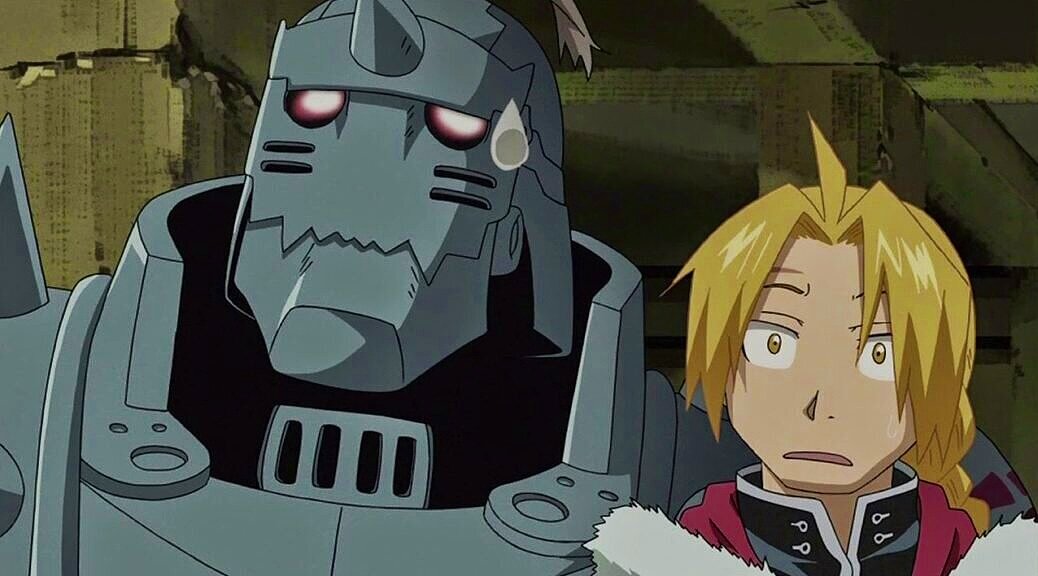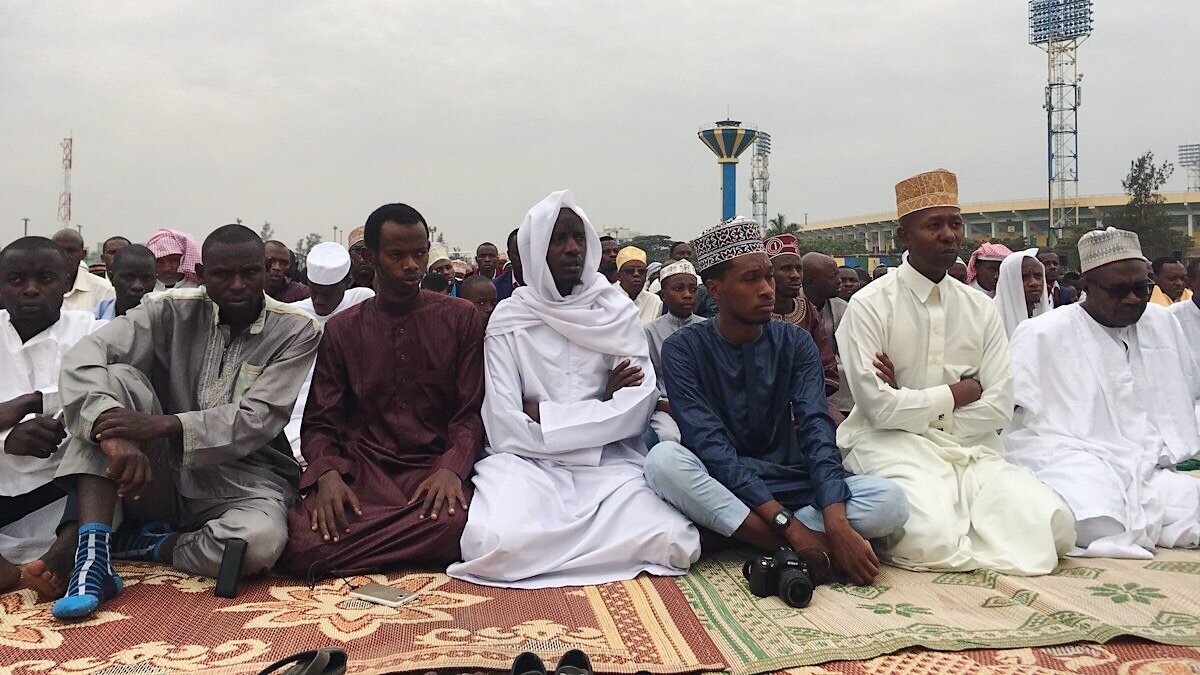Mariyam Muhammad (mariyology) explores the topic of generational trauma and mental health.
You’ve probably tried telling a parent you’re depressed. They probably said to you that your iman is low.
From then on, you probably never talked about your feelings ever again.
And as we grow, our parents grow, too. But, sometimes, that growth is slower than others.
It takes a while to understand that our parents survived. But we want to live.
This is what is called intergenerational trauma. Chances are, some people might not have heard of it because this sort of gaslighting has been normalized throughout generations. But some of us have recognized that this cycle breaks with us.
According to GoodTherapy, intergenerational trauma is defined as trauma passed down from those who directly experience an incident to subsequent generations. Intergenerational trauma may begin with a traumatic event affecting an individual, multiple family members, or collective trauma affecting the larger community, cultural, racial, ethnic, or other groups/populations.
The concept of mental health and looking after it didn’t exist in our parents, their parents, then their parents, then their parents, and maybe their parents. They believe ‘mental health’ is an idea from the West. They might have laughed in your face at the very mention of it.
These bits of intergenerational trauma could be little or big. For example, your father might see crying as a sign of weakness, so you find comfort in others outside of your home. Your mother might never apologize when she knows she did something wrong, and instead of an apology, she brings you a bowl of fruit (which, well, isn’t so bad. But still).
Although we are Muslim, we are also human. We were created to struggle, for boulders to be tied to our ankles, for us to lose our strength. It is only natural for us to fall—no one flies forever.
Or even worse, your parents might tell you you’re a bad Muslim because you believe you’re depressed.
That is not true.
Although we are Muslim, we are also human. We were created to struggle, for boulders to be tied to our ankles, for us to lose our strength. It is only natural for us to fall—no one flies forever. That’s the point. We all heard of the word ‘Jihad’ (no, not THAT Jihad), which simply means ‘struggle.’ That struggle is internal with emotions, external when things go out of our control, pretty much anything that’s inconvenient and causes us any sort of exertion.
So, where do Islam and mental health intertwine?
One thing we need to realize is Islam is protective, not restrictive. It’s not a set of cutthroat rules but rather a guide, keeping us from anything that harms our bodies and brains. Something that answers our mind-boggling questions. When it comes to suicide, yes, it is haram, all forms of it are haram, but it’s because we are told that our life is worth living, no matter what is shackled to us. Our generation is very attached to a verse in the Quran you’re most likely familiar with—verily with hardship comes ease—we all know and live by it because it gives us comfort, the comfort we didn’t have growing up.
Even the greatest of believers had hardships, and they most definitely struggled with mental health and emotions. Prophet Muhammad (PBUH) begged for solace from his wife, Khadijah, as he shuttered with fear after Angel Jibril conveyed Allah’s message to him. Prophet Yaqub cried for decades after the loss of his son Prophet Yusuf, and he was blinded from all those tears.
From all this, was their iman low? Were they bad Muslims? Not at all. Their belief in Allah kept their head up.
Islam can be a guide to navigate through these challenging times. Of course, praying and reading the Quran cannot immediately cure depression, but it can provide a bit of ease when there is an understanding of Islam and its ways of giving peace. Our parents grew up with Islam around them; they woke up to the adhan, everyone around them prayed and read the Quran, and it was expected regardless. On the other hand, growing up in the West, we have so many different people and ideas around us. So it makes us question our faith and think outside the box—our parents most certainly didn’t know about that, nor do they understand it.
Religious shaming is not going to fix someone’s heartache but rather pull them away from Islam. That is not the answer—one thing some of us need to hear is that Allah loves every one of us, no matter if we are running to Him at the speed of lightning or crawling on the floor as slow as a turtle. It is written. After all, Prophet Muhammad (PBUH) was only a Muslim for the last third of his life.
We all have a different time where we fall in love with Islam, and our life changes the second we do. Some of us might have had to learn Islam ourselves because the way we were taught made sense to our parents, but not us.
If you’re struggling with your mental health, please do seek help. There is no shame in finding solace in a therapist and talking about your feelings. It’s time we get rid of the stigma around mental health in the Muslim community and break the cycle of intergenerational trauma. Just because your parents didn’t listen to you, apologize, and give you the comfort you needed, doesn’t mean you can’t do the same for yourself and others. You are not your parents.
Mental health is indisputable. I mean, after all, if someone were to have a heart attack, we wouldn’t tell them to pray. We’d say go to the hospital! Am I right?
So if you’re struggling, don’t gaslight yourself. Get the help you need. I promise you, it won’t make you any less of a Muslim. If anything, you’ll be praised in the hereafter for looking after the soul Allah gave you. Life is too short to be miserable.
People are still people. And our parents are still our parents. They love us and want the utmost best for us—Islam tells us to respect them unconditionally for a reason. They had a childhood like us, they grew up with their internal struggles, and they’re still healing their inner child. We can’t change our parents, we really can’t. It’s time we swallow that pill and realize that it is not our job to fix them.
But we can break that cycle and be the adult we didn’t have as children.
You can change yourself.

































